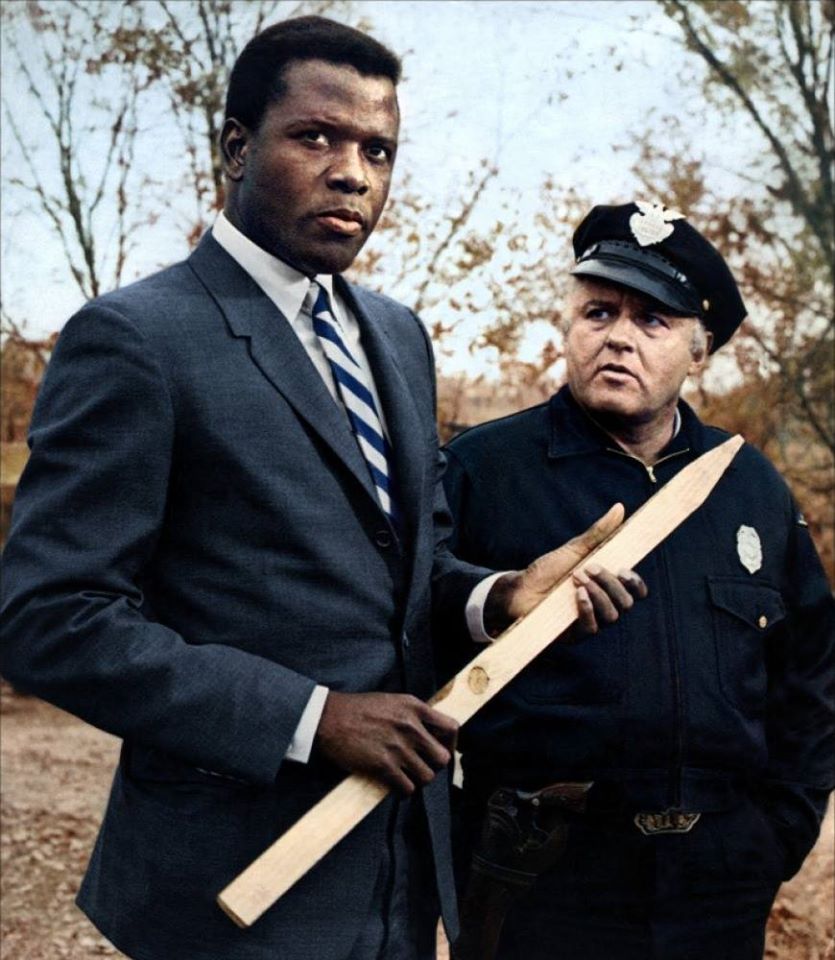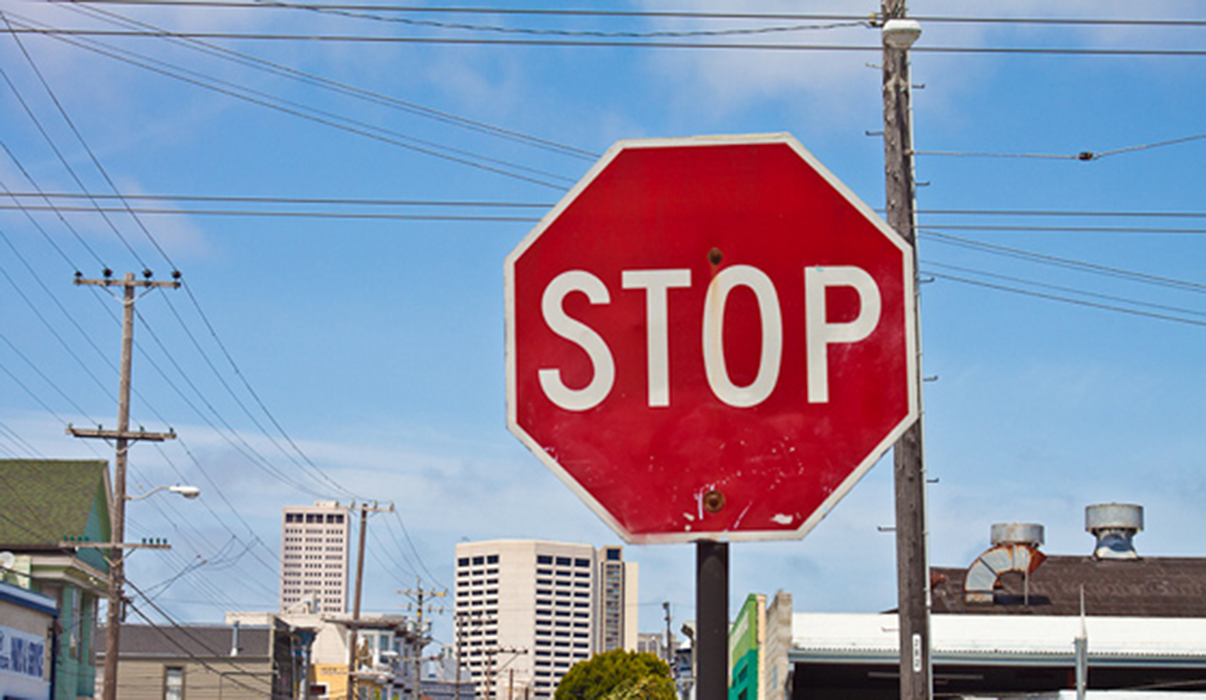HOLLYWOOD─I don’t think anyone in America could have predicted the things that have unfolded in the past 3 months, particularly in regards to race relations. The deaths of Breonna Taylor, Ahmad Aubrey, George Floyd and that disturbing video that transpired in Central Park has all forced the conversation of race front and center. Hollywood is no stranger to addressing race relations in the country.
We’ve seen flicks like “Gone With the Wind,” “To Kill a Mockingbird,” “Guess Who’s Coming to Dinner,” “Sounder,” “A Soldier’s Story,” “Mississippi Burning,” “”The Green Mile,” “Crash,” “The Help,” “Django Unchained,” “12 Years a Slave,” “Selma,” “Moonlight,” “Fences,” “Hidden Figures,” “Get Out,” “Three Billboards Outside Ebbing, Missouri,” “Green Book” and “BlacKkKlansman” are just some of the movies nominated for the ultimate prize: an Academy Award for Best Picture, a few actually won the top prize.
With that said I always return to the year of 1967 where the films “In the Heat of the Night” and “Guess Who’s Coming to Dinner” were competing for Best Picture. Two very different films, but potent movies, with one dealing with issues pertaining to interracial marriage; the other about race relations in the South. Both starred actor Sidney Poitier, and the one that just happened to be on the TV screen this week that continues to resonate with me is “In the Heat of the Night.” It just is a reminder to me that we know we’re making progress in terms of race relations, but we still have so much more to do.
Poitier portrays Detective Virgil Tibbs, called to help solve the murder of a notable businessman, in a town where racial tension is hotter than a firecracker. Tibbs is not welcome with open arms as he constantly goes to battle with Sheriff Bill Gillespie portrayed by Rod Steiger who’s not fond of Black people. You can absolutely call him a racist, but it is a bit overt. Bill’s demeanor is questionable because at times he bits his tongue around Virgil, but at other times he calls it as he sees it with no remorse.
As the movie moves along, this tough sheriff discovers he doesn’t know it all and he starts to build a bond with Virgil as he realizes he has to protect this detective who is on his watch. The level of racism in this small Mississippi town is palpable. The White residents have no qualms about their distaste for African-Americans or utilizing the N-word to disregard a race that they feel is inferior to their kind. Difficult to watch? Without a doubt, but it is the poise that Poitier’s character that makes this movie such a triumph.
Rather it’s getting loud with Bill when he is degraded and constantly referred to as ‘boy’ instead of his name, or perhaps the slap Virgil delivers to Endicott, a plantation owner who was offended when Virgil questioned him in the murder of industrialist Phillip Colbert. I loved that scene and the fact that this town wanted Virgil on a silver platter was haunting.
These people hated this man with a passion, but Virgil did not allow them to get under his skin. It’s something not seen before on the big screen and it was a treat to witness. More polarizing was the fact that this movie was made in the midst of the Civil Rights movement and on the cusp of riots that erupted in Detroit in 1967. It always seems to amaze me at times how Hollywood could have its pulse on state of society during times we least expect. Now is this me advocating a movie to be made about race relations based on things that have just transpired in the world? No, but I’m certain it’s happening right now. What I’m getting at is “In the Heat of the Night” is a movie that doesn’t cloak the fact that racism still exists in America even though so many people think it doesn’t exist. Some regions might be more overt than others, but the point is it exists and if we’re not talking about the issue, addressing our preconceived stereotypes and biases that have taken over our life, how do we ever expect change.
This feat of NOT talking about race relations is the reason we continue to have these issues. Cinema is a starting point because it allows us to see, decipher and discuss issues that while polarizing are so relevant to our daily lives. Race is something we should not fear America, it is something we should discuss if we truly want to implement change in our society for future generations.




